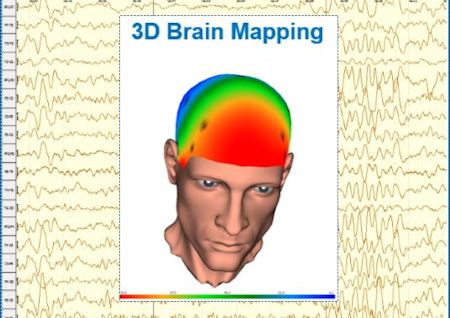
trading as Calder Hall Medical Centre
Electroencephalography (EEG)
EEG stands for Electroencephalography. This is a recording of your brain waves (the electrical activity of your brain). During an EEG test, electrodes pick up the brain’s electrical impulses and carry them to the computer where their pattern is recorded as waves. The EEG gives information about the brain that is useful to your doctor in making a diagnosis in several different conditions. It is the only test that can produce this sort of information.
To make an appointment, please call our Reception Desk ![]() (868) 660 7873 or
(868) 660 7873 or ![]() (868) 639 8516
(868) 639 8516
1. Why have an EEG test?EEG can provide your doctor with valuable clues to diagnose or monitor the following health conditions:
The EEG results can help to distinguish psychiatric conditions such as schizophrenia, paranoia, and depression from degenerative mental disorders such as Alzheimer's and Parkinson's disease. 2. What should I do before the EEG test?
|
3. What happens during an EEG test?
4. What happens after the EEG test?
5. How will the results of this test assist my consultant?An EEG will help your consultant in the diagnosis and management of your complaints or condition. You have to discuss the report/findings with your consultant. |

|
© 2016 Specialist Clinics of Tobago Ltd.- All rights reserved -- Last updated: November 28, 2017
